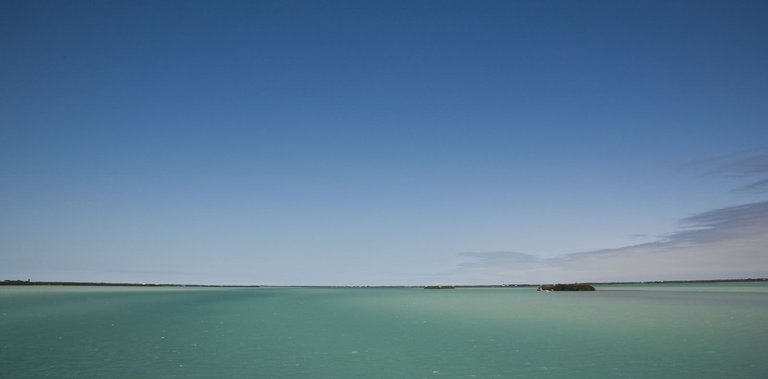
Cabeza's walk from Florida to Mexico 1527 - 1531, (link) is the story of anarchy.

Alvar Nuñez Cabeza de Vaca was ship wrecked somewhere maybe around here. Of the 50 survivors from four boats, three made it to the Mexican conquistadors. In their journey they discovered a life of theft and murder.
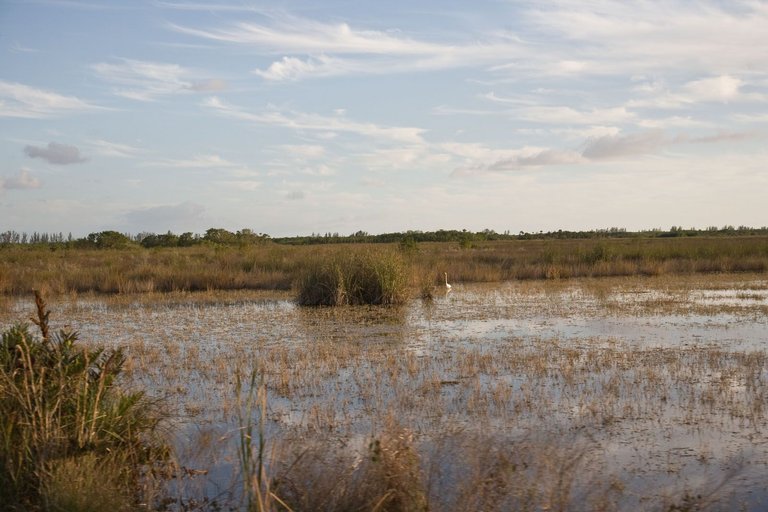
Protection from raids involved digging a trench large enough for an archer to lie awake all night, covered in branches. Rather than walking out of their tent in the mornings, they crawled out the back. All stealth, all the time, they all did it, every night.
No regard for human rights or any respect for ownership...endless murder, starvation... women purchased or captured. Euros called them savage. Cabeza noticed they were incredible warriors.
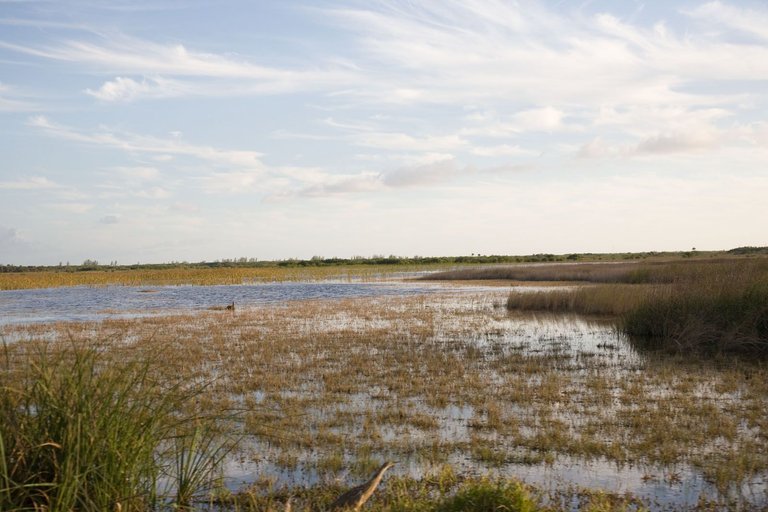
He met one group farming and with bounty, high in the hills of Arizona they were sufficiently removed from raiders. Sheep farmers. Navajo. Everyone else was mired in strength and ruthlessness. Cabeza's ammo ran out early, unlike the conquistadors he met later, he lost his advantage and needed a new approach. Really, he discovered love.
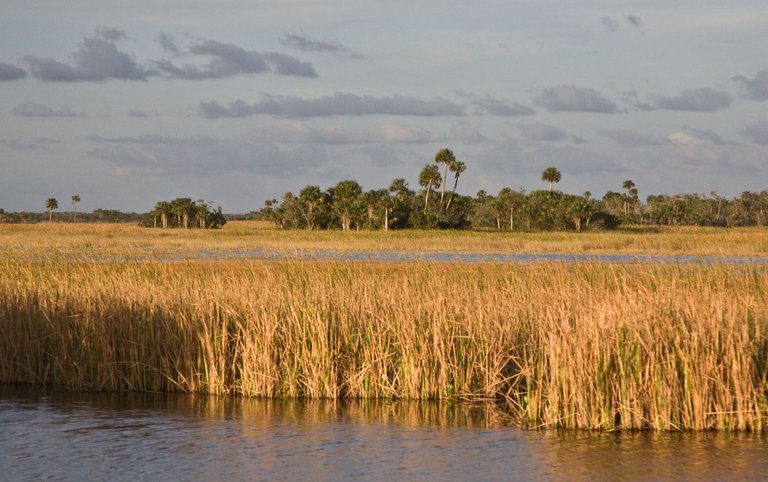
I'm not ever going to build a fence and protect from snipers at 300 yards. I'm not going to dig a trench and lie awake at night. If I die a slave, it will be minimally different than now, less free time maybe. The work would be harder, but my life just isn't special enough to really try desperately to keep going. We're probably more like ants than we generally dare to admit.
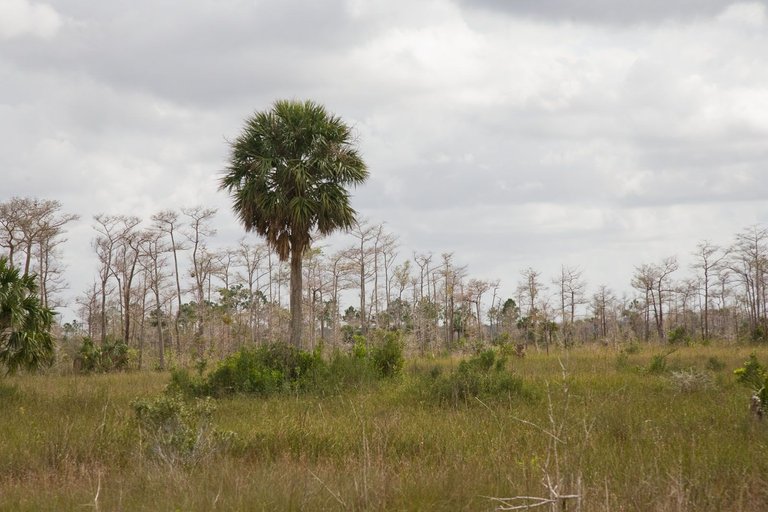
I understand that not everyone shares this view. Some think their specific gene pool needs to be passed on more than another's, some think the "be fruitful and multiply" is still in effect. Surely there are other motivations to survive, I'd rather see love for everyone instead of just people that look like me.
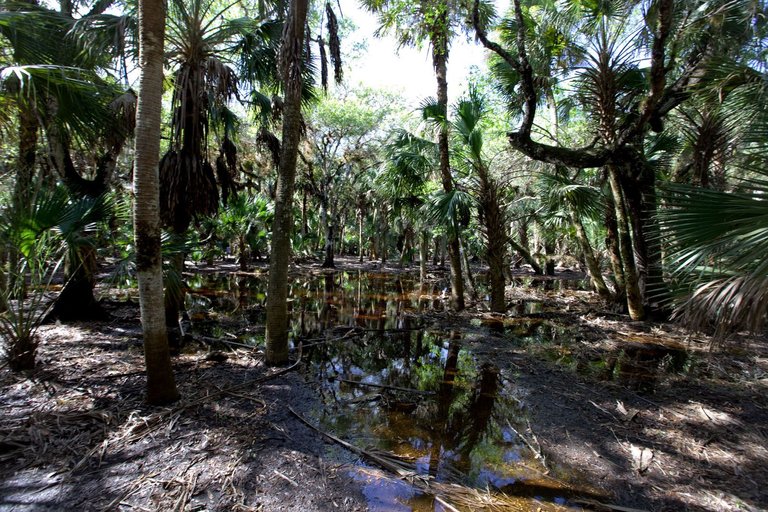
Cabeza's described his own personal changes. He spent three years in slavery before he realized that love brought people together.
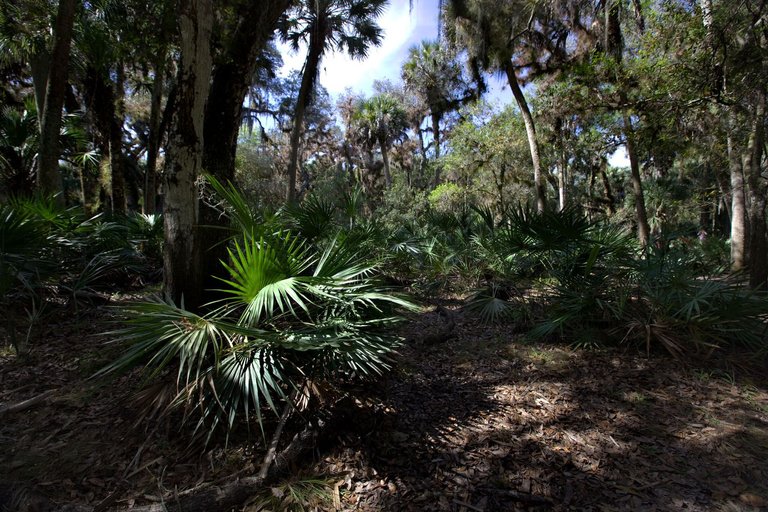
Without love and unity the mississippi valley is barely able to support human life. Communion can bring forward the best from some of the most bountiful land on the planet. Because of an inability to work together for years it sat idle and unproductive. it wasn't able to sustain the populations. Cabeza described people travelling for days to get where the prickly pears grew, and then living on them for months.
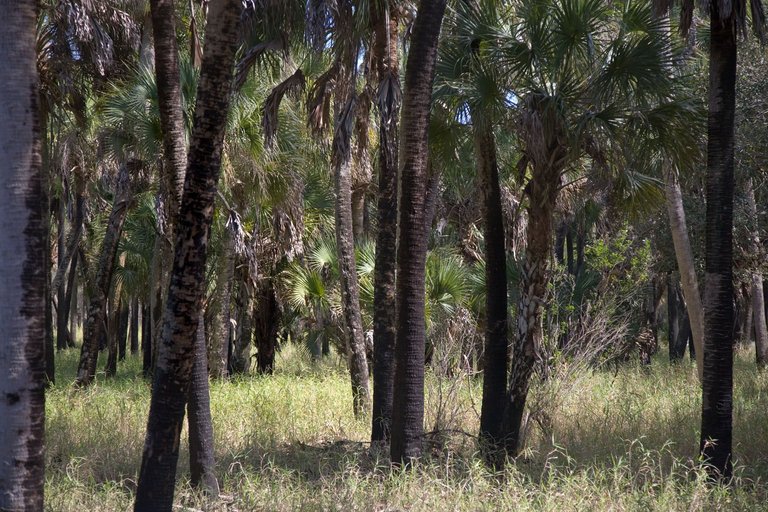
Jungle law. How far away are we really? Every time I see a crowd with a red and black flag, I know its all still pretty nearby. The notion that some bloodline has some predetermined right to some piece of soil only shows a short view of history and a general dishonesty towards what those people did to the ones who were there prior.
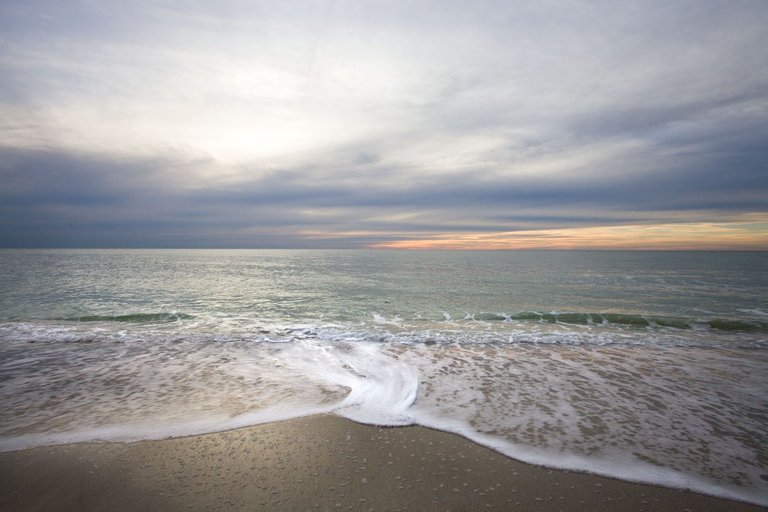
Big government. Maybe it is the solution. To finally end the mongol raids the chinese build most of their wall in 10 years and labored 75% of the population. They were over run anyway, controlled for more than 100 years, and now firmly maintain the One China policy. Its not because they mis-understand anarchy.
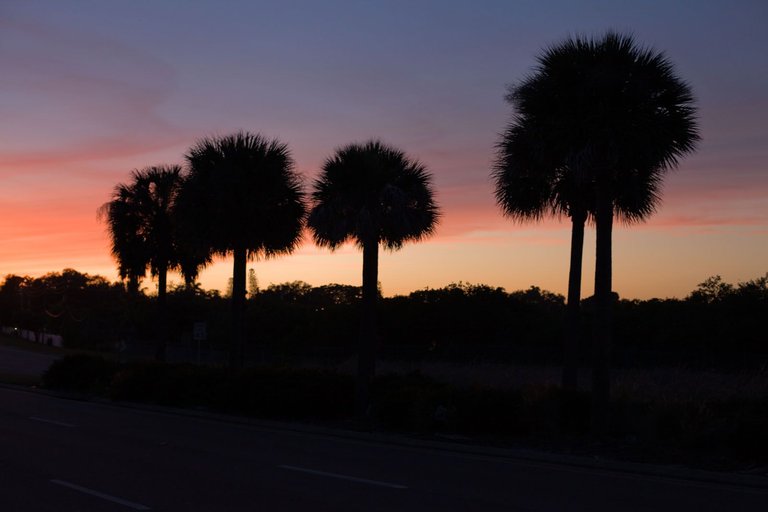
For 1000 years the Mayan art showed images of children laughing and virtually no warriors were depicted. Our society has named everything from islands to winds after those who murdered the most.
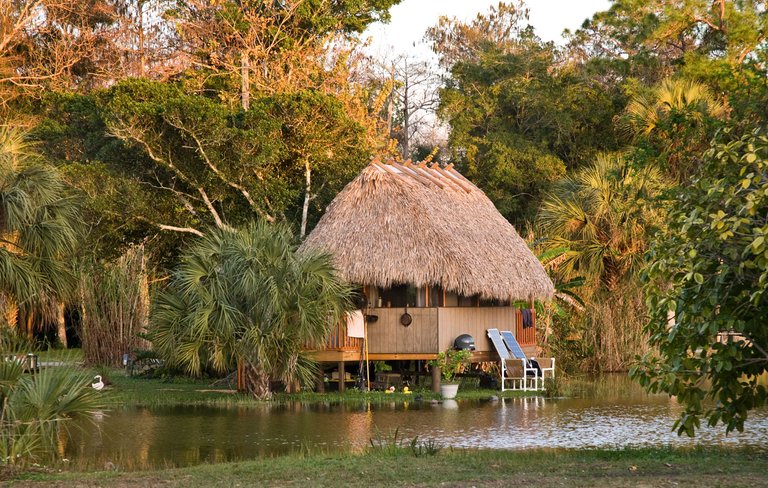
I don't have a quick answer. A good start might be to break up the biggest companies and go from there, but Tillerson didn't sell his soul to give power away. It seems only a total global collapse is going to be able to break the monopoly of fiat currency.

all photos by the author.
Very interesting topic. I am not that familiar with the historical references. I guess I would say that every time we have had anarchy in the past has resulted in murder and general lawlessness. I'd be more optimistic about it with current technology at hand but I agree that the jungle is still very close by.
I still don't think big government is the answer, but I do agree with your last paragraph. I just hope we have figured it out before we have any collapse.